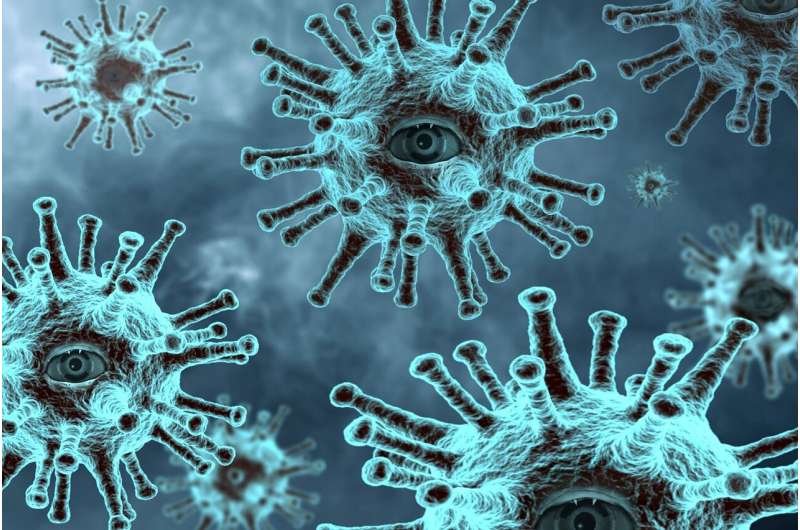Study indicates COVID-19 vaccines are safe for organ transplant patients

In what may be the first study of its kind, Johns Hopkins Medicine researchers have documented the reaction of nearly 200 solid organ transplant recipients to their first vaccine inoculation against SARS-CoV-2, the virus that causes COVID-19. The findings, they say, provide evidence that both the Moderna and Pfizer/BioNTech messenger RNA (mRNA) vaccines can be safely given to this immunocompromised population.
The study was posted online Feb. 5, 2021, in the journal Transplantation.
To better understand the safety of the SARS-CoV-2 mRNA vaccines for transplant patients, the researchers studied 187 transplant recipients who received an initial dose of either the Moderna or Pfizer/BioNTech vaccines between Dec. 16, 2020and Jan. 16, 2021. The study participants were recruited by invitation through their transplant centers or social media.
Fifty-two percent (97) were kidney transplant recipients; 19% (35) were liver; 14% (26) were heart; 9% (17) were lung; 3% (six) were kidney and pancreas; and (six) were other multi-organ recipients. The median age was 48; 69% (129) were female, 87% (163) were white; and 6% (11) were Hispanic or Latino. Vaccinations occurred at a median of six years following transplant surgery. All were receiving immunosuppression medications to prevent rejection of their transplanted organs.
Between the time of their vaccination and study participation (which consisted of completing a detailed questionnaire one week after they received the vaccine), there were no diagnoses of SARS-CoV-2 infections.
Few of the transplant recipients in the study had systemic adverse reactions, such as fever (seven, or 4%) and chills (17, or 9%), to the Moderna and Pfizer/BioNTech vaccines—statistics that were similar to those seen for participants in the large, randomized clinical trials that validated the safety of the two prophylactic treatments. The majority of the transplant recipients reported local reactions, including mild pain at the site of inoculation (114, or 61%), mild redness (13, or 7%) and mild swelling (30, or 16%).
Additionally, the researchers say, organ rejection—a common concern about vaccinating transplant recipients—did not occur.
“We hope to further this research by exploring any unexpected safety issues with long-term follow-up studies of these patients in the future,” says Jacqueline Garonzik Wang, M.D., Ph.D., associate professor of surgery at the Johns Hopkins University School of Medicine and study senior author.
Source: Read Full Article



